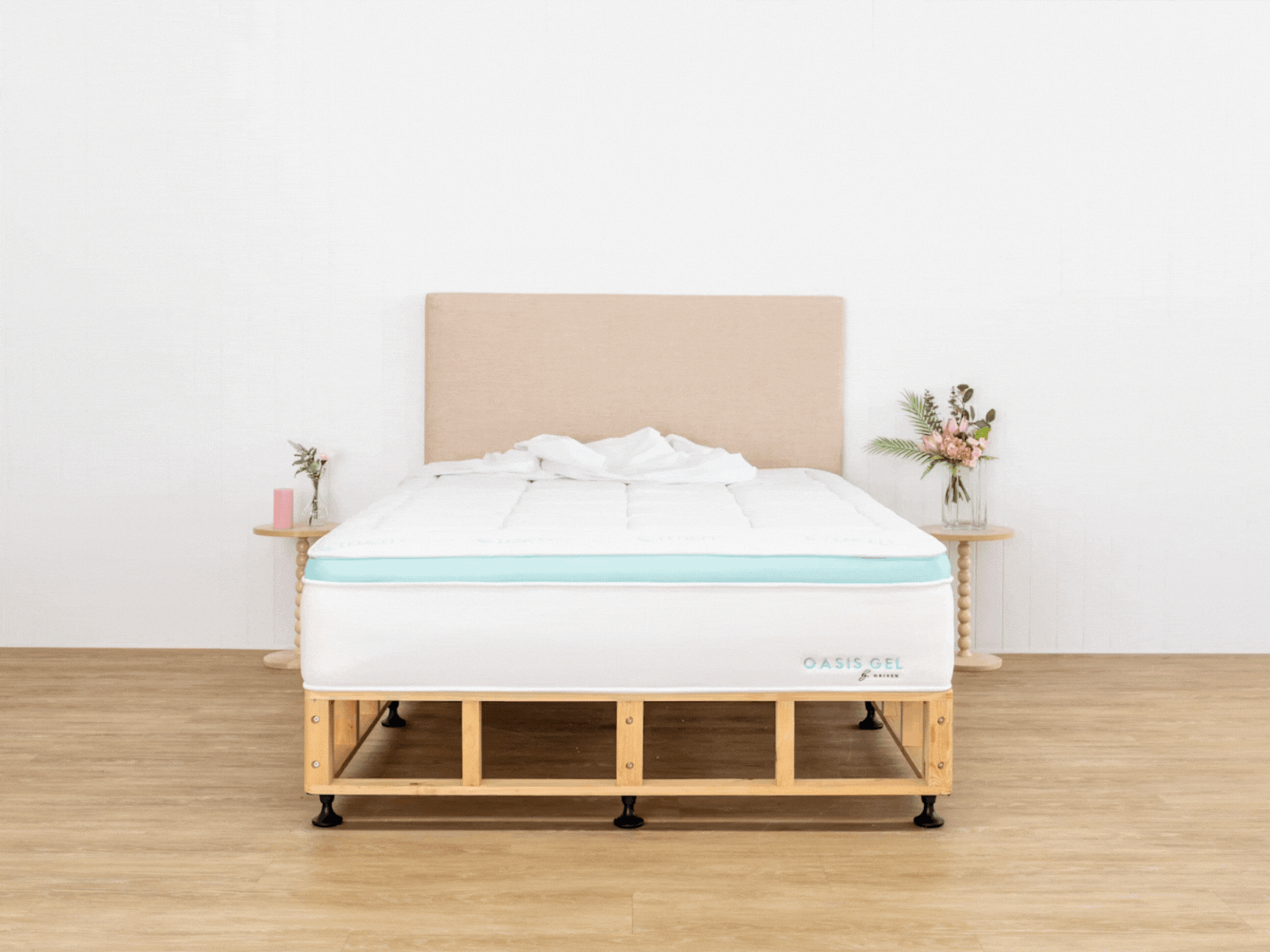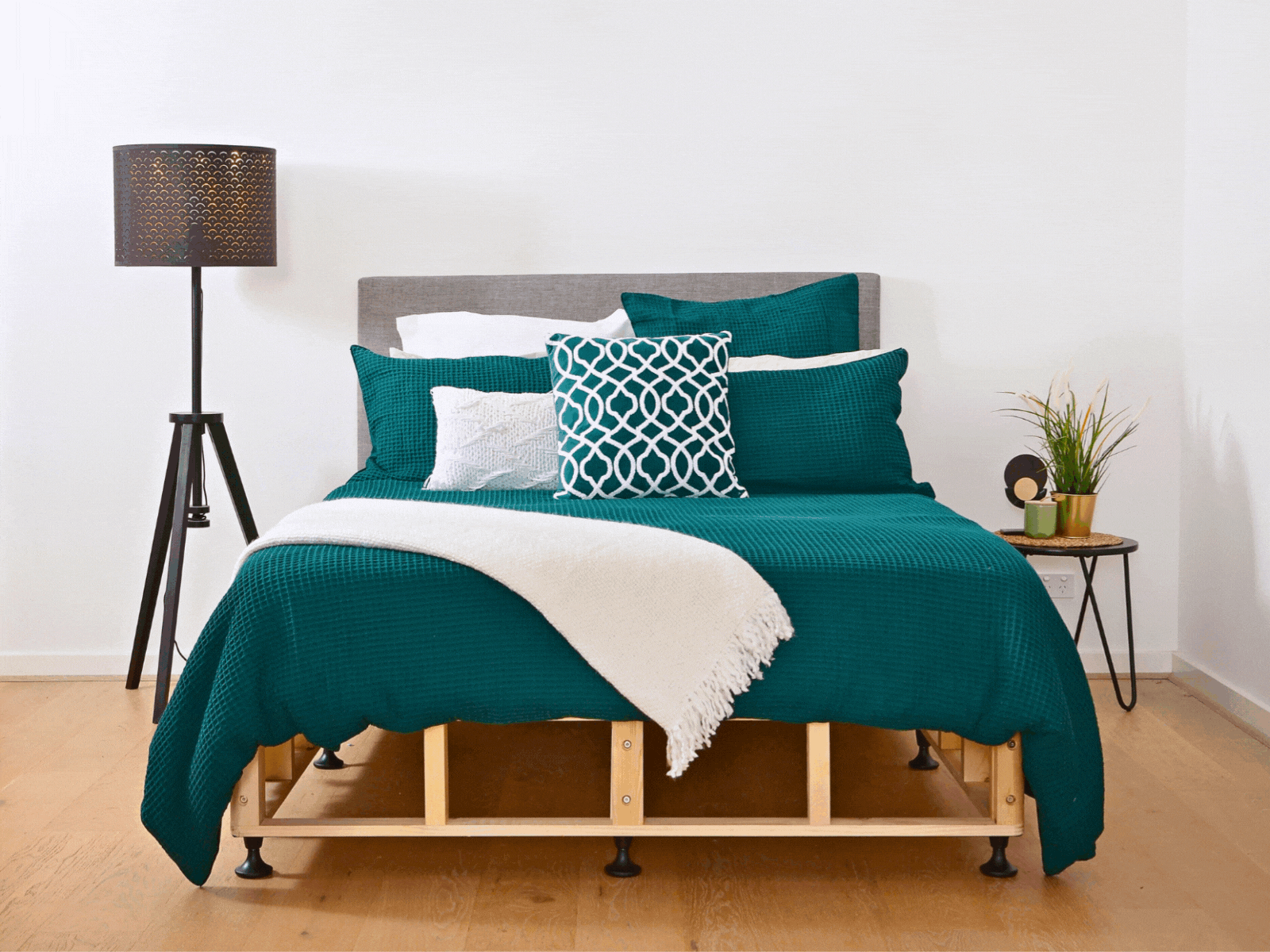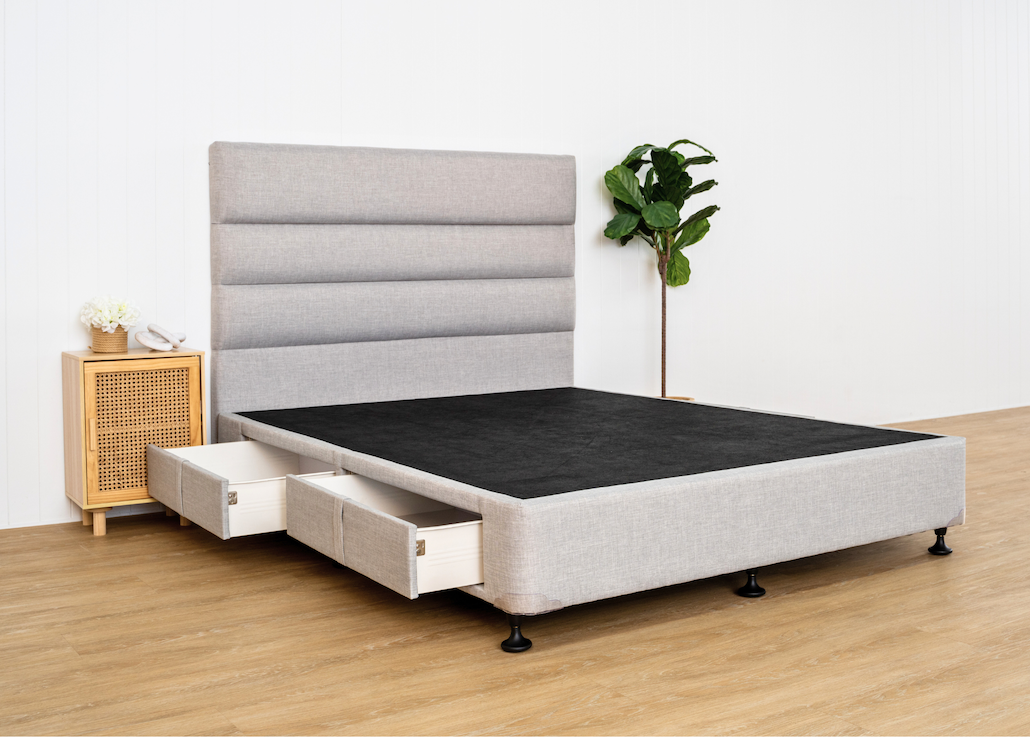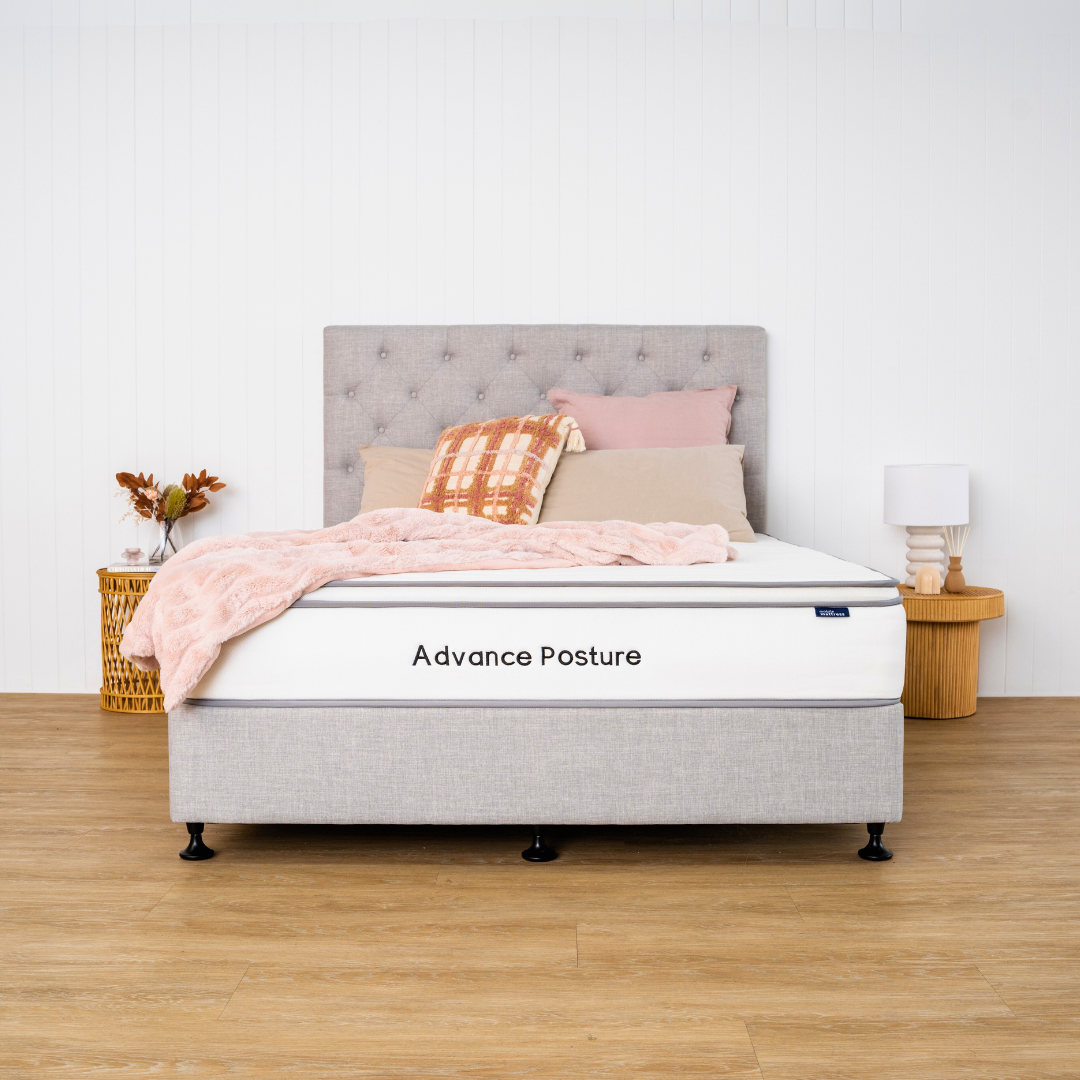I’ve felt the effects on my body of poor sleep habits. Too often short-changing myself on the recommended average of between seven to nine hours sleep per night. But after reading sleep guru Matt Walker’s book, “Why We Sleep” I now recognise sleep as one of the most important aspects of our life.
Sleep is a non-negotiable biological necessity. Fact!
Matthew Paul Walker is the sleep expert. Suitably qualified, he is an English scientist with a PHD in neurophysiology and is currently a Professor of Neuroscience and Psychology at the University of California, Berkeley. He’s also the founder and director of the Centre for Human Sleep Science at the University of California. In his book “Why We Sleep” first published in 2017, Matt unravels the mystery of why sleep is so important for health and longevity. After two decades of research combined with thousands of studies from laboratories around the world, on both humans and animals, Matt writes about his findings and the many reasons why we must look after the extraordinary phenomenon – sleep.
Let me share some interesting excerpts from the book, Why We Sleep.

Your 24-hour clock
There are two main factors that determine when you want to sleep and when you want to be awake. A signal is beamed from your internal 24-hour clock located deep within your brain. The clock creates a cycling, day-night rhythm that makes you feel tired or alert at regular times of night and day respectively. The second factor is a chemical substance that builds up in your brain and creates a “sleep pressure.” The longer you’ve been awake the more the chemical sleep pressure accumulates and consequently the sleepier you feel.
The balance between these two will determine your level of alertness during the day and when you will feel ready for bed at night-time.
The internal 24- hour clock in your brain is your circadian rhythm which sends signals to every other part of your brain and organ in your body. Daylight is the most natural way of re-setting our internal circadian clock, but we can also use food, exercise, and temperature fluctuations to reset our biological clock.
The different patterns of sleep
Not everyone shares the same twenty-four-hour sleep pattern. There are the ‘morning types’ (morning larks) whose peak of wakefulness is early in the day and their period of sleepiness arrives earlier in the night. And there are the ‘night owls’ who prefer going to bed late and waking later (I am one of those!)
An adult’s owl or larkness is strongly determined by genetics. If you are a night owl it's more than likely one (or both) of your parents were a night owl. Night owls are not owls by choice, they are bound to a delayed schedule by unavoidable DNA hardwiring.
How do you know you have slept?
The loss of external awareness.
When you stop perceiving the outside world and are no longer conscious off all that surrounds you. Your ears are still hearing, your eyes though closed are still capable of seeing. This is similarly true for other sensory organs of the nose (smell) the tongue (taste) and the skin (touch.) All these signals still flood into the centre of your brain, but it is here, in the sensory convergence zone, where that journey ends while you sleep.
The signals are blocked by a perceptual barricade set up in a structure called the thalamus. A smooth, oval shaped object just smaller than a lemon, the thalamus, is the sensory gate of the brain. The thalamus decides which sensory signals are allowed through its gate and which are not.
What happens when you don’t get enough sleep?
Sleep is not like a bank. You can’t accumulate a debt and pay it off later in time.
One consequence of a lack of sleep is that adenosine concentrations remain too high. Like an outstanding debt on a loan, come the morning some quantity of yesterday’s adenosine remains. You then carry that sleepiness balance throughout the following day. Also like a loan in arrears, this sleep debt will continue to accumulate. You cannot hide from it. The debt will roll over into the next payment cycle and the next and the next, producing a condition of prolonged chronic sleep deprivation. This outstanding sleep obligation results in a feeling of chronic fatigue manifesting in many forms of mental and physical ailments that are now rife throughout industrialized nations.
Lack of sleep impacts your health
Walker associates a lack of sleep, or sleep bulimia, where you binge and purge on sleep, with a less healthy life. Walker’s studies have shown you’re more likely to suffer from diabetes, to be obese and have poor cardiovascular health if you don’t maintain consistent quality sleep: 7 – 9 hours every day.
The decimation of sleep though industrialised nations is having a catastrophic impact on our health, our life expectancy, our safety, our productivity, and the education of our children. I believe it is time for us to reclaim our right to a full night of sleep, without the embarrassment or the damaging stigma of laziness.
Matt Walker is a sleep advocate. Absorb his advice and remember, sleep is something that costs nothing but means everything. How we go about getting it consistently can make all the difference.
Other places to find sleep information by Matt Walker
If you’re not a reader the book is available in the Audible version.
Or there is Matt Walker’s 2019 Ted Talks Sleep is your superpower https://www.youtube.com/watch?v=5MuIMqhT8DM
Downloaded almost 7 million times!
Or have a listen to Matt’s podcast https://themattwalkerpodcast.buzzsprout.com/












